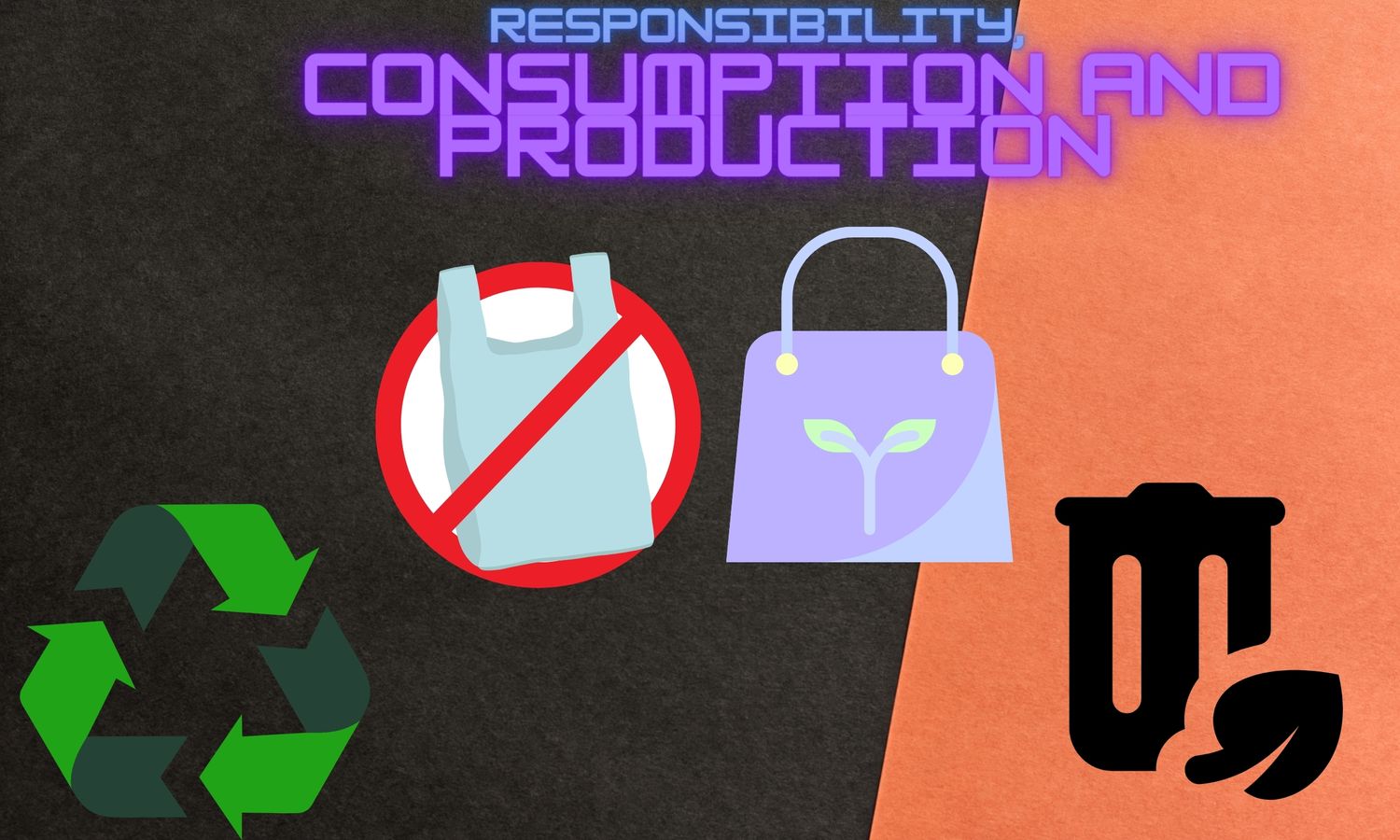Responsibility, Consumption and Production
Responsibility, Consumption and Production

One of the main global difficulties is to coordinate natural sustainability with financial development and government assistance by decoupling economical degradation from monetary growth and accomplishing more with less. Recourses decoupling and sway decoupling are expected to be promoted sustainable utilization and creation pattern and to make the progress towards a greener and more socially inclusive worldwide economy.
To guarantee sustainable utilization and creation rehearses essentially involves to regard the biophysical limits of the planet and to diminish current worldwide utilization rates to fit with the biophysical ability to deliver biological system administrations and advantages.
As indicated by the UN, if human activity proceeds at current rate, we will require 3 planets to support our ways of life by 2050. We consume a greater number of resources than the planet can produce, and developing paces of contamination and waste just intensify the issue. Business and private energy use is the second most quickly developing space of worldwide energy use after transport. Horticulture and the material business are the greatest polluters of clean water on the planet. By 2020, the OECD estimates a 32% expansion in vehicle possession and expects worldwide air traffic to significantly increase, which will definitely bring about more CO2 discharges. What’s more, around 33% of all food created on the planet is squandered every year, while a large number of individuals experience the ill effects of yearning, chiefly in third nations.
Targets od SDG-12
- Implement the 10-year sustainable consumption and production framework
- Sustainable management and use of natural resources
- Halve global per capita food waste
- Responsible management of chemicals and waste
- Substantially reduce waste generation
- Encourage companies to adopt sustainable practices and sustainability reporting
- Promote sustainable public procurement practices
- Promote universal understanding of sustainable lifestyles
- Support developing countries’ scientific and technological capacity for sustainable consumption and production
- Develop and implement tools to monitor sustainable tourism
- Remove market distortions that encourage wasteful consumption